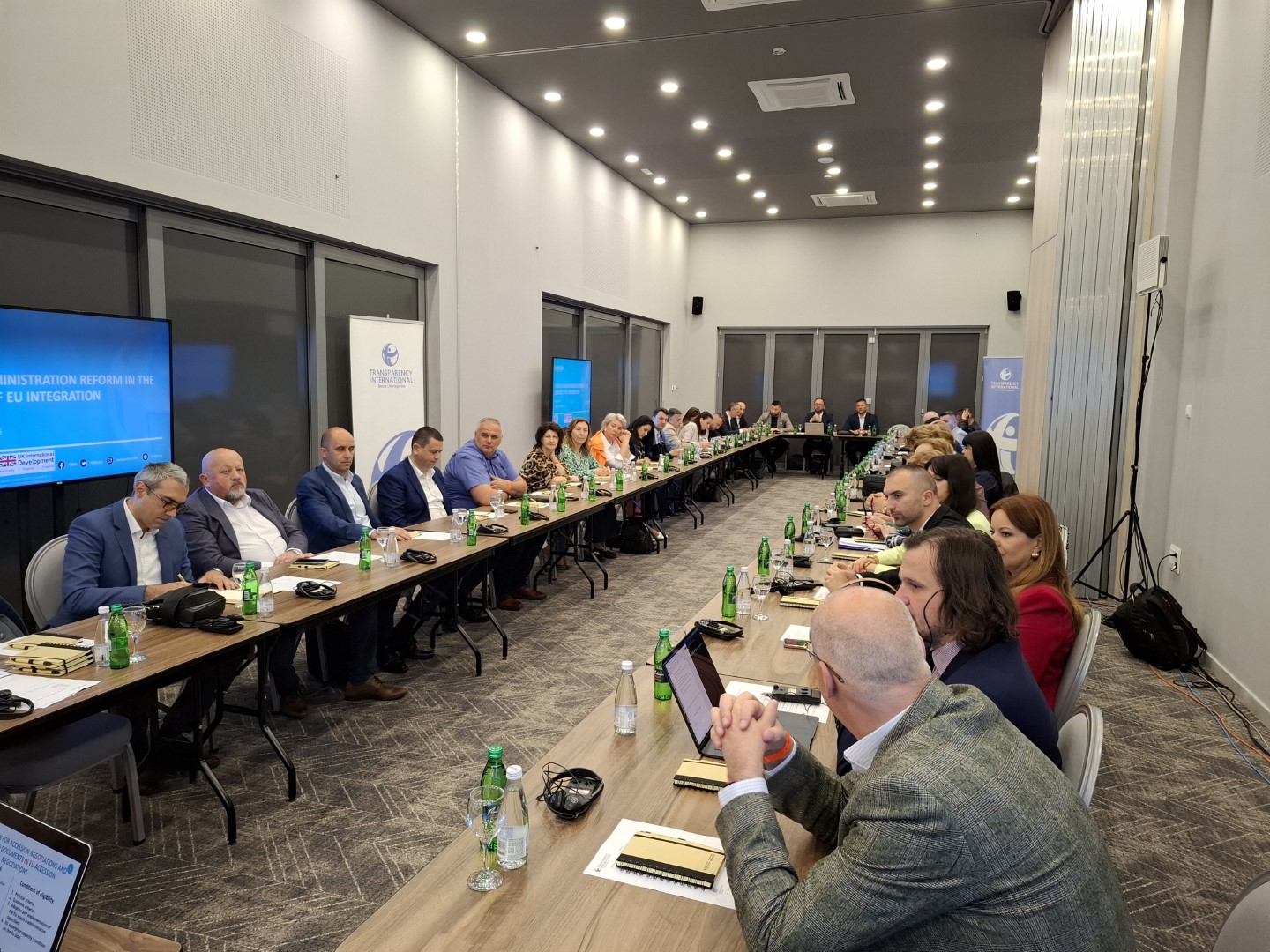Berlin, 18 March 2008. – Corruption obstructs universal access to water
Transparent, just and effective governance of water is a prerequisite for human development and for environmental...

But the challenges are and corruption is at the heart of the problem. The corruption risks encountered in the water sector are imminent and diverse. They range from petty bribery in water delivery to procurement-related looting – from covering up industrial pollution to manipulation and distortion of fundamental water management and allocation policies. This makes stemming corruption in water provision a priority for policy-makers and practitioners around the world.
Whether within governments, between them and the private sector, or between officials and consumers, corruption in the water sector hurts everyone. Households pay with their physical health, as poor quality or non-existent water supplies increase their vulnerability to deadly diseases. Irrigation and hydropower are made unviable, shutting the door to more abundant crops and sustainable electricity.
Young children are kept from school, forced instead to collect the household’s daily water supply. The poor must often pay bribes to connect their households to water pipes or tankers.
Corruption helps inflate the cost of small-scale infrastructure like boreholes, and diverts irrigation water away from poor villages through biased distribution decisions. For many, daily life is a constant struggle for access to water.
Uključite se
Budite u toku
Pretplatite se na naš bilten i dobijajte periodična obavještenja o našim objavama, najavama, pozivima i aktivnostima putem elektronske pošte.
Ne propustite
Ukoliko želite da dobijate naša saopštenja odmah nakon objavljivanja ostavite svoju e-mail adresu u polje ispod.



